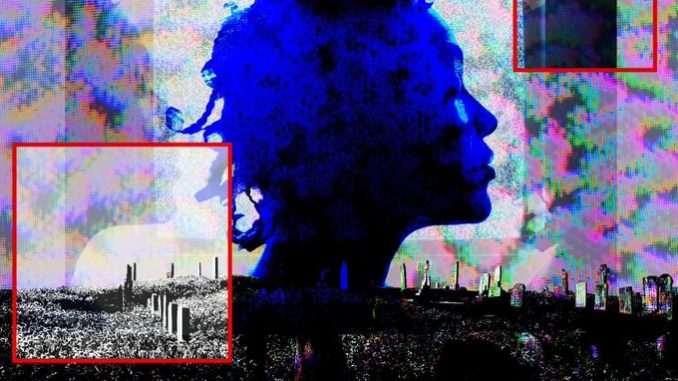
Creators have begun using generative AI tools like ChatGPT and Midjourney to create videos of the dead, even in cases where they never gave consent.
Why it matters: Surviving relatives and fans could find solace in AI recreations of their loved ones, but the practice also raises a host of privacy and consent issues.
- Like most of what’s happening in generative AI innovation right now, startups and content creators are already creating AI-generated facsimiles of the dead without considering the consequences.
Driving the news: Zelda Williams — daughter of comedian and actor Robin Williams, who died by suicide in 2014 — publicly called AI deepfakes of her father « personally disturbing » earlier this month.
- Williams is an actress, director, producer and writer. She offered her criticism of this use of AI in a statement of support for the SAG-AFTRA actors’ strike, which is still in negotiations, even though the writers’ strike has ended.
- Generative AI versions of actors before or after their deaths is still a « mandatory subject of bargaining, » SAG-AFTRA legal counsel Jeffrey Bennett recently said in a statement.
- « These recreations are, at their very best, a poor facsimile of greater people, but at their worst, a horrendous Frankensteinian monster, cobbled together from the worst bits of everything this industry is, instead of what it should stand for, » Williams wrote in her Instagram story.
The big picture: AI isn’t by any means the first tech deployed to reanimate celebrities.
- Hollywood biopics have been dramatizing the dead for as long as there have been movies.
- Today you can attend holographic « live » performances by dead musicians like Buddy Holly and Roy Orbison.
- Most recently, fans of Elvis can now see a giant art projection of the resurrected King in Las Vegas, created with Stable Diffusion and Midjourney.
But using AI to reproduce the dead will create issues that experts say we can’t even imagine yet.
- « Even just on a practical level, who is going to maintain these systems over time? » Tamara Kneese, researcher and author of « Death Glitch, » told The Guardian. « And bequeathing a chatbot version of yourself could make it hard for a loved one who is trying to move on. »
The other side: Some find comfort in using AI to connect with the deceased — and almost since ChatGPT launched last year, people have been using it to help them through grief.
